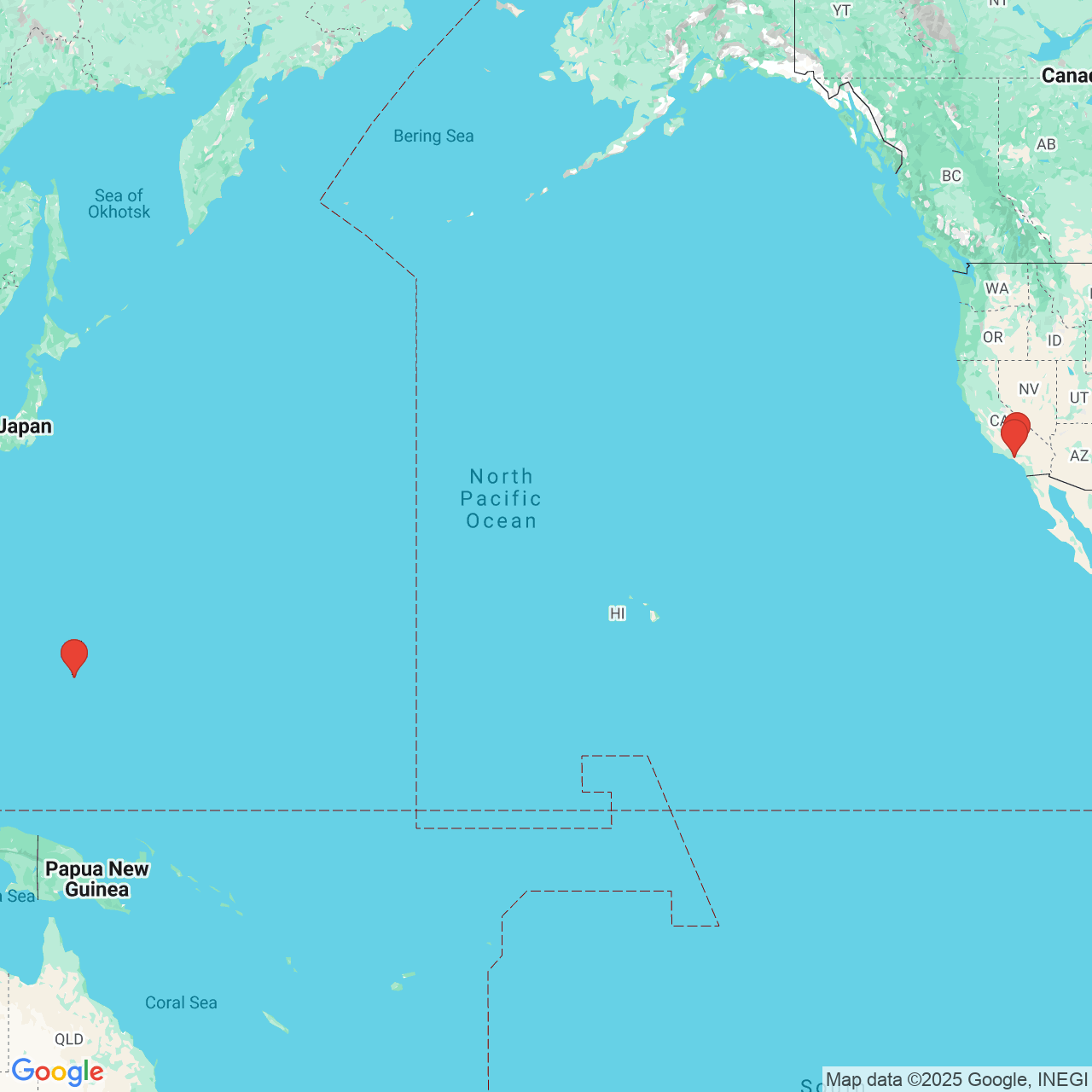
Macular Degeneration
Don't Wait to Speak to an Ophthalmologist
If you or a loved one are experiencing vision changes of any kind, get in touch with board-certified ophthalmologist David J. Parks now. While emergency cases of macular degeneration can be treated within three to four days of the onset of symptoms, early treatment is the best way to protect your vision. Contact us to schedule an appointment and determine if age-related macular degeneration or another condition is affecting your eyes. We have offices in Beverly Hills and Lancaster, as well as an office in Guam.
What Is Macular Degeneration?
Dry Macular Degeneration
Dry macular degeneration is characterized by a gradual thinning of the macula. Although dry macular degeneration is not considered urgent, it is important to consult an ophthalmologist as soon as you experience vision loss or any other change in your central field of vision.
Wet Macular Degeneration
Wet macular degeneration is characterized by the abnormal growth of abnormal blood vessels that leak blood or other fluid into the macula. Wet AMD always begins as dry macular degeneration and requires urgent care to minimize vision loss or, less commonly, restore lost vision.
Because this eye disease usually affects
people over age 50, it is commonly called
age-related macular degeneration (AMD).
AMD Symptoms
Age-related macular degeneration can cause sufferers to experience:
- Central vision changes in one or both eyes
- Straight lines (such as window frames or fence posts) appearing wavy
- Difficulty seeing in low light
- A need for bright light for close focus
- Trouble recognizing faces
- Difficulty reading printed words
- Colors appearing dull or faded
If you are experiencing these or other changes in your vision, reach out to our offices in Beverly Hills or Lancaster today.
What Causes Macular Degeneration?
The cause of macular degeneration is not entirely understood. However, research has shown that the risk is greatest among those who are:
- Caucasian
- Smokers
- Obese
- Suffering from cardiovascular disease
A family history of the condition also elevates your risk. Dry macular degeneration is most common among people over 60, while the wet form of the disease most commonly affects those over 55.

Treating Wet AMD
Dr. David J. Parks is a board-certified ophthalmologist who has provided the Los Angeles area with advanced ocular health care since 1995. He will perform a series of tests during your visit to his Beverly Hills or Lancaster offices to identify the cause of the vision changes or vision loss you are experiencing. If you are diagnosed with wet AMD, he may recommend one of these solutions:
Laser Treatment
Dr. Parks can treat wet age-related AMD with two types of laser surgery. Thermal laser surgery involves aiming a strong light beam onto the abnormal blood vessels beneath the retina, essentially destroying them. Patients return home the same day but must return for a follow-up exam within the next month. The second type of laser treatment, known as ocular photodynamic therapy, involves injecting a special medication into the patient's bloodstream. A laser is then used to activate the medication, causing controlled clotting that seals the blood vessels.
Avastin Injections
Avastin® (bevacizumab) is a medication that blocks blood vessel growth to treat wet AMD. Avastin is administered in the office under local anesthesia. Most patients experience no discomfort. At present, retreatment by reinjection is recommended in four-to-six-week intervals for up to two years, depending on the response to treatment.
Treating Dry AMD
Lifestyle Changes
Simple lifestyle changes can delay the progression of dry AMD and help you retain clear vision. These include stopping smoking; adopting a diet rich in antioxidants, zinc, and omega-3 fatty acids; exercising on a regular basis; losing weight; and undergoing regular eye exams.
Low Vision Rehabilitation
If you have suffered changes in your central vision that cannot be restored, Dr. Parks may recommend low vision rehabilitation. This involves learning techniques to cope with these changes in a way that allows you to complete necessary everyday tasks.
Telescopic Lens Implant
If you have advanced dry AMD in both eyes, a telescopic lens implanted in one eye can magnify your field of vision for improved close and distant focus, albeit with a narrow field of vision. Patients find this helps in situations such as grocery shopping and navigating urban areas.
Dr. David J. Parks is a board-certified ophthalmologist who has provided the Los Angeles area with advanced ocular health care since 1995.
Diagnosing Age-Related
Macular Degeneration
Examining the Inner Eye
Dr. Parks will dilate your eyes and examine the retina using special tools. He will look for drusen (yellow deposits of lipids and protein indicative of dry AMD) or fluid beneath the retina.Testing for Central Vision Issues
Dr. Parks will use a tool called an Amsler grid to identify changes in your central field of vision. Lines in the Amsler grid will appear distorted, wavy, or faded if you are experiencing age-related macular degeneration.




